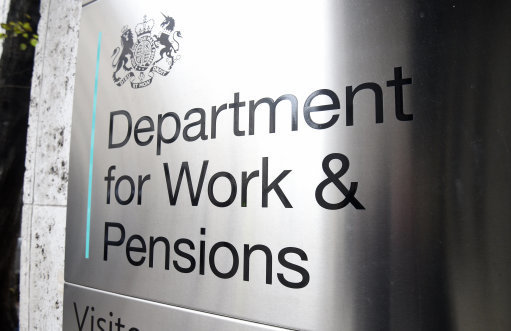Happy birthday to me. Today I turn 48. I’m celebrating in an age-appropriate way: a trip to the physio for a stiff shoulder, then publishing some gloomy words about pensions. Being born in 1976 makes me part of what marketers called Generation X. Arguably though, the 1965 to 1980 cohort should be tagged the ‘Forgotten Generation’.
Already a subscriber? Log in
Subscribe for just $2 a week
Try a month of The Spectator Australia absolutely free and without commitment. Not only that but – if you choose to continue – you’ll pay just $2 a week for your first year.
- Unlimited access to spectator.com.au and app
- The weekly edition on the Spectator Australia app
- Spectator podcasts and newsletters
- Full access to spectator.co.uk
Or




















Comments
Don't miss out
Join the conversation with other Spectator Australia readers. Subscribe to leave a comment.
SUBSCRIBEAlready a subscriber? Log in